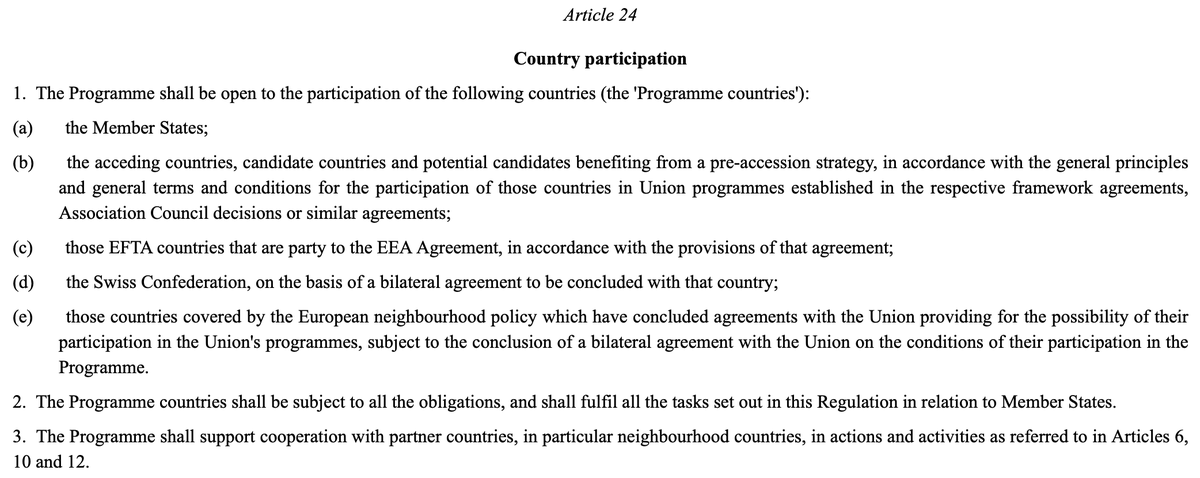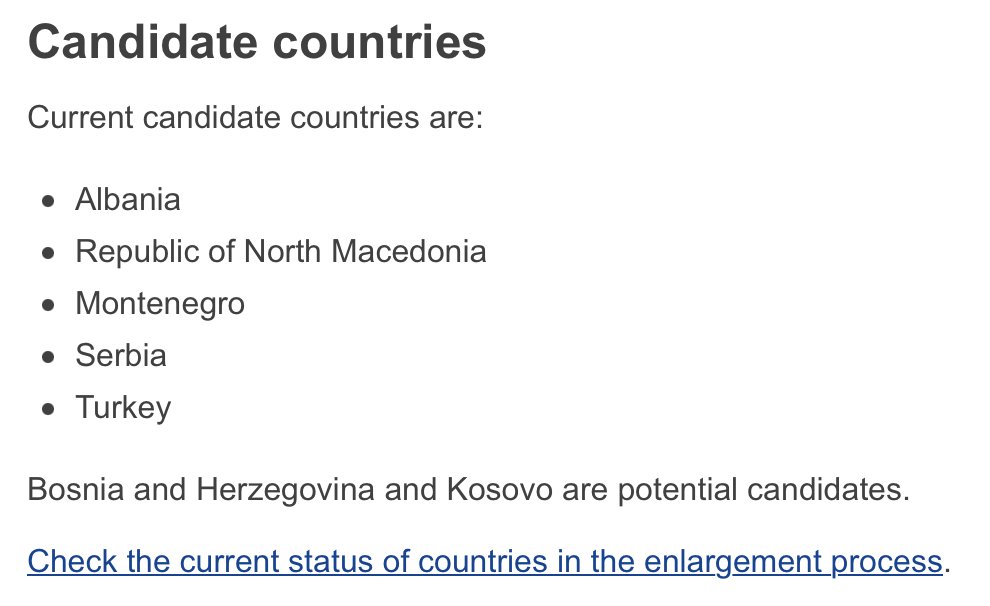Authors Prof Paul James Cardwell
7 days
30 days
All time
Recent
Popular
Some details about the #turingscheme as a replacement for #Erasmus are now out. Here are my initial thoughts, from an institutional and education perspective more than costs. /1
First, setting up a scheme to run in 2021 is difficult and especially for those already in degree programmes who were due to go on Erasmus placements (language students in particular). Setting up non-Erasmus agreements with Universities takes many months of bureaucracy. /2
I know because I've done this: whilst some Unis can move quickly, getting an agreement from a Uni in, say, the USA is tricky. Why? Needs to be interest from other side to receive *and send* students, which there may or may not be. Bespoke contract, Uni committees etc. /3
Second, Erasmus and non-EU links work on the basis of an exchange, and usually reciprocity in numbers. The UK might be an attractive destination, but also a costly one and the visa rules for students are off-putting. /4
Third, it seems Turing will *not* cover incoming students, so there is little financial incentive. This differs from the Swiss experience when they left Erasmus and set up their (more expensive) replicated scheme, though it allowed exchanges to continue. /5
Turing replacement for Eramsus+ details out pic.twitter.com/tHzVlxRIJY
— Jim Dickinson (@jim_dickinson) December 26, 2020
First, setting up a scheme to run in 2021 is difficult and especially for those already in degree programmes who were due to go on Erasmus placements (language students in particular). Setting up non-Erasmus agreements with Universities takes many months of bureaucracy. /2
I know because I've done this: whilst some Unis can move quickly, getting an agreement from a Uni in, say, the USA is tricky. Why? Needs to be interest from other side to receive *and send* students, which there may or may not be. Bespoke contract, Uni committees etc. /3
Second, Erasmus and non-EU links work on the basis of an exchange, and usually reciprocity in numbers. The UK might be an attractive destination, but also a costly one and the visa rules for students are off-putting. /4
Third, it seems Turing will *not* cover incoming students, so there is little financial incentive. This differs from the Swiss experience when they left Erasmus and set up their (more expensive) replicated scheme, though it allowed exchanges to continue. /5
Short thread need. To be clear - getting agreements, even continuity ones, is good news for the UK and an achievement for those who have worked on them in such a short, pressured period of time.
But to claim, as Steve Baker does, that this is a UK strength is false. /1
First, it hardly needs to be said that a continuity agreement is not the same as a new agreement from scratch. The current EU agreements were negotiated with the UK as a Member State, so the UK's interests were already built in. /2
The proof of this can be seen by comparing agreements (eg. the new Japan-UK and EU-Japan) side by side. The differences are often due to the lack of need of details such as what the equivalent of 'lawyer' is in 24 official EU languages. /3
So, the UK is able to piggy-back on the long-term negotiations that took place by the EU. In the case of Japan, I was a stagiaire in the Commission in Tokyo right at the start of the pre-pre-negotiation process ... in 2000-1! /4
Is the EU particularly cumbersome? There is an argument to be made than the UK (or any single state) could act more nimbly because of the lack of need to integrate the interests of 27+ Member States. BUT is there any evidence of this? Not really. /5
But to claim, as Steve Baker does, that this is a UK strength is false. /1
Disingenuous.
— Paul James Cardwell (@Cardwell_PJ) December 11, 2020
Key words here - \u2018continuity agreement\u2019. The hard negotiating work was done by the EU over many years (with UK input).
How many agreements has UK secured which are *not* continuity agreements? None.
Is there an agreement with the UK\u2019s largest trade partner? No. https://t.co/5skuKWwd0M
First, it hardly needs to be said that a continuity agreement is not the same as a new agreement from scratch. The current EU agreements were negotiated with the UK as a Member State, so the UK's interests were already built in. /2
The proof of this can be seen by comparing agreements (eg. the new Japan-UK and EU-Japan) side by side. The differences are often due to the lack of need of details such as what the equivalent of 'lawyer' is in 24 official EU languages. /3
So, the UK is able to piggy-back on the long-term negotiations that took place by the EU. In the case of Japan, I was a stagiaire in the Commission in Tokyo right at the start of the pre-pre-negotiation process ... in 2000-1! /4
Is the EU particularly cumbersome? There is an argument to be made than the UK (or any single state) could act more nimbly because of the lack of need to integrate the interests of 27+ Member States. BUT is there any evidence of this? Not really. /5


